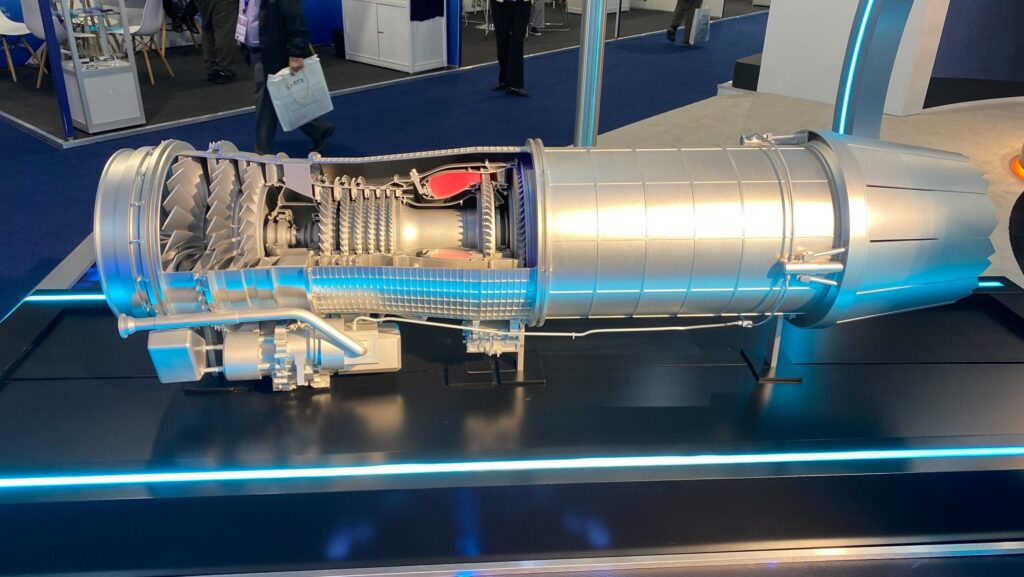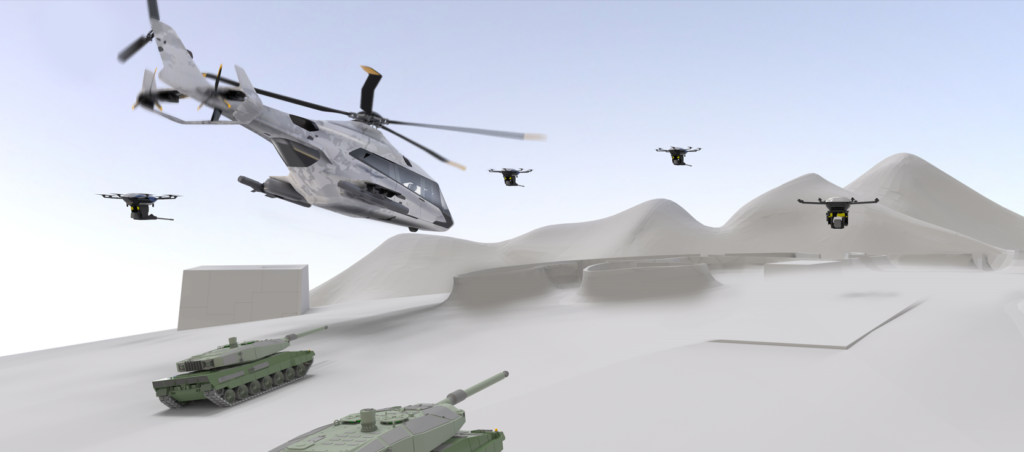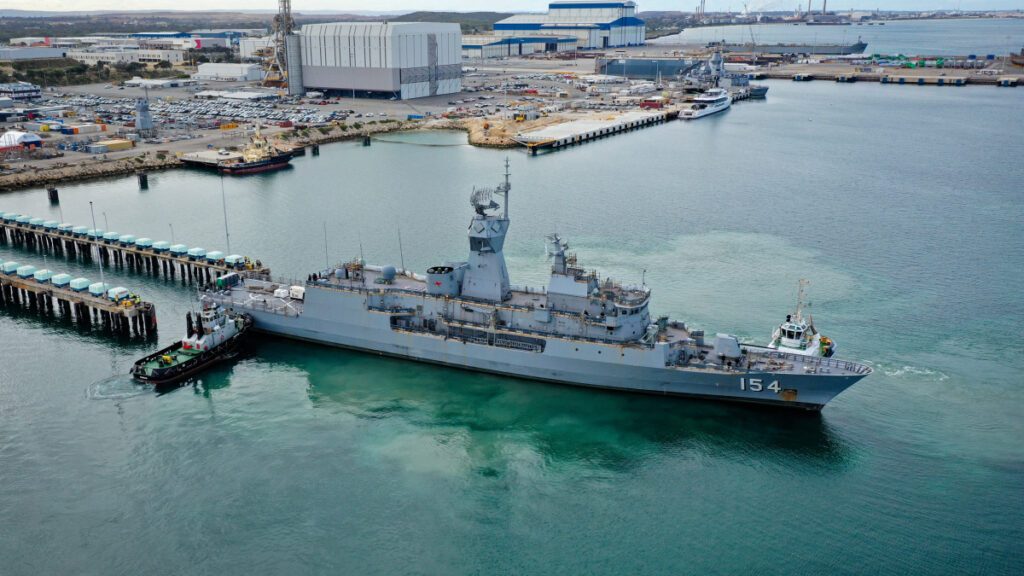An MTGR system from Israel’s Roboteam tackles tough terrain. (Roboteam)
JERUSALEM — Israeli unmanned platform developer Roboteam will supply the US Marine Corps with approximately 200 tactical robots in a deal with $30 million, in what Roboteam’s CEO told Breaking Defense was a “rising demand” for such systems.
“I think the soldier will use a lot more technology [with the robots] that will help them get the tactical advantage, and this is what we are doing,” Matan Shirvi told Breaking Defense. “With all sizes. This is what you get. Not just in the US, but globally, we see demand rising. The demand is highest we have seen.”
The Micro Tactical Ground Robot (MTGR) system, which is being supplied to the Marines, is one of five types of robotic systems the company makes, ranging in size from 1.5 kilograms to 1.2 tons. The MTGR weighs 15 kilograms, which makes it man-portable, and is the second lightest of the robots the company makes.
The company, founded in 2009, has supplied thousands of robotic systems to customers in 30 countries, Shirvi said, including the US Air Force, but this is its first contract with the US Marines. The initial order from the Marines, announced Tuesday, is for 130 of the systems, part of a larger order for a total of 200, for which the company hopes to complete delivery in the first quarter of 2025. The order covers spare parts and maintenance and was done in collaboration with Roboteam’s US partner, Mistral Inc.
The MTGR has treads and a manipulator arm that it can use to investigate objects, as well as communications and optics. But Shirvi emphasized that it’s also modular so users can incorporate their own payloads on the machine. “We are open for customization,” he said.
“Whether deployed for Explosive Ordnance Disposal (EOD) missions, special operations, or tactical maneuvers, the MTGR’s unparalleled performance and adaptability ensure superiority in navigating and overcoming field challenges,” the company noted in a statement.
Shirvi said the MTGR the Marines are getting has been “customized” to their “operational needs, enabling them to maintain unmatched battlefield supremacy while enhancing their daily operational capabilities.”
Shirvi said that the company developed the MTGR with the US Department of Defense and that the main market and manufacturing for Roboteam is in the US. Robots and unmanned platforms are becoming increasingly common on the battlefield, and recent conflicts in Gaza and Ukraine have illustrated the usefulness of a plethora of platforms. Among the customers for Roboteam’s systems is the Israeli Defense Forces, which has used the small robots Gaza since 2014 when they were sent to investigate Hamas tunnels.
“We worked very hard in past years to reach a level where they [our systems] are mature,” Shirvi said. “Right now most governments and military organizations are looking for a way to take the soldier away from the battlefield” and give soldiers a kind of security buffer between themselves and the most dangerous areas, Shirvi noted. “We are giving the end-user the ability to access a dangerous location remotely with as many payloads [as possible] to put on our system to receive data and perform actions.”
The company has worked with customers to receive feedback on the robots it has provided over the last decade, leading to better reliability and new advances, the CEO said. “We keep what is good and reliable and we modify and change to fit it to the latest technology,” he said. For instance, Shirvi said the latest versions of the robots are equipped with improved communications, as well as vision and optics.
Shirvi said he sees the new contract with the Marines as opening doors to other customers. He also predicts that as battlefields change customers were need thousands of these types of robots rather than just hundreds curently used.


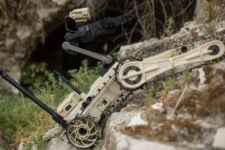
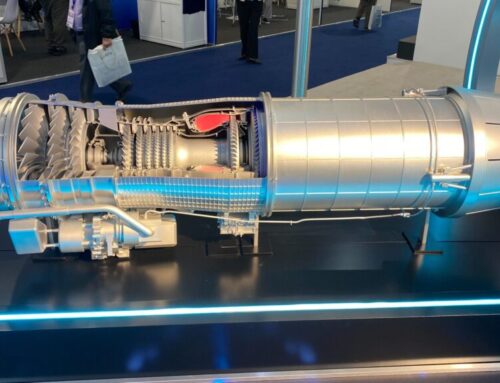
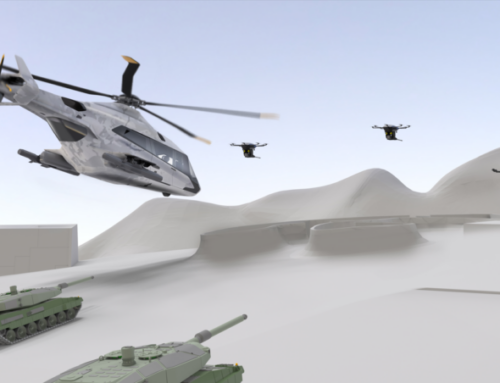
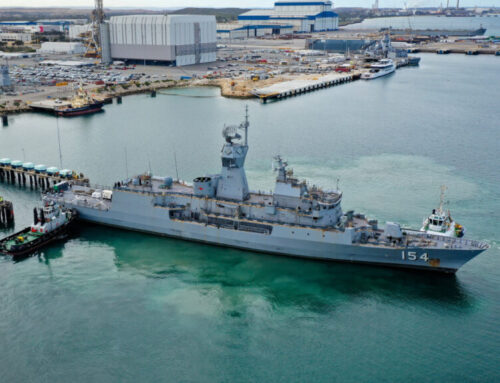
![The sights from the 2024 Farnborough Airshow [PHOTOS]](https://centurionpartnersgroup.com/wp-content/uploads/2024/07/IMG_8722-scaled-e1721930652747-1024x577-hZjwVb-500x383.jpeg)
